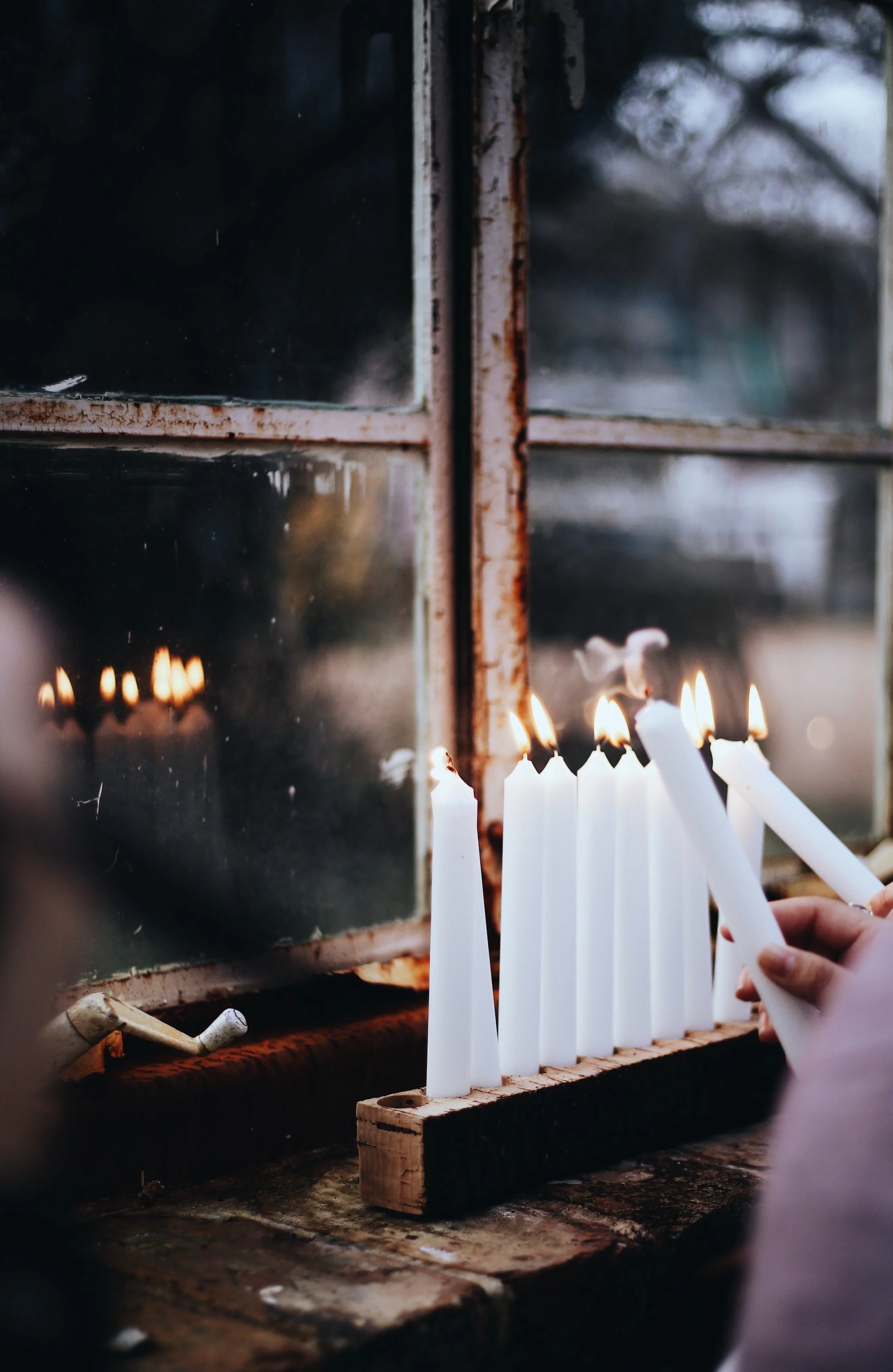BY VICTORIA BUITRON
First Comes The Egg
When my father comes home and a cicada’s mating call cuts through the silence, he lunges rocks toward the trees, wherever it’s loudest. It’s bad luck, he says. I watch my mother bathe in a tub with Pepsi—a witch’s order. It’s to rid her of a spell another woman cast on her, she says. One day, a dead mouse is on our concrete front yard. Neither the neck nor extremities show any evidence of life being purged from it by force. Dad is doubtful that a bird of prey freed it midair. It seems placed there. A natural death is bad luck or someone’s up to some brujería, my dad says. He disposes it like he’s doing a séance, saying prayers to spirits and making sure something made of wood or metal is between him and the rodent at all times. All the babies I meet wear red. A bright bracelet or ripped up cerise paper on their foreheads with spit. It’s for good luck, to ward off the evil eye, to stop a wicked spell in its tracks, everyone says.
When I am a child, a curandera takes an uncooked egg and glides it over my skin when I look wan. The shell feels like faience on my skin—cool silk, gentle enough to shatter. For me, it’s a massage, but my parents consider it a diagnosis of brujería, bad luck, the evil eye, or a sickness that justifies a visit to a doctor. When the curandera breaks the egg and places the albumen and yolk into a clear glass of water, I stare at the veins of her hands that spread like roots to her ashen arms. The loose fibers swell from the yolk and the proteins make maze-like webs and tell her all she needs to know. Each time it’s done I wonder what effect the egg’s energy would have on me if I ate it. But I don’t eat it, I just stare, looking for the answer that is clear to her but a riddle to me.
When I am a woman, a cousin and I talk about our parents’ ways. We reminiscence on the times eggs are caressed around our necks, the slight pressure of an oval at the bridge of our noses, not knowing this is also the same substance as coarse seashells. She tells me how the ritual cures her child. I look at her, incredulous, waiting for her to confess she’s joking. Instead, she mentions how years ago her son was always nauseated. His skin has red splotches every few weeks, and he becomes too thin. She worries, and her mom announces that if doctors can’t solve the enigma, surely an egg will. The grandmother takes it upon herself to be a curandera. She begins to do to him what has been done to me, my cousin, my father, my mother, and those who came before us while saying out loud the Padre Nuestro. I wonder: how can she read the raw egg in a glass without training? But the egg is never cracked, my cousin explains. Before her mother is finished, the baby bursts in blemishes, his skin prodded on like a swarm of mosquitoes just enjoyed a sucking feast. The boy cries out, his chest begins to tighten, and they rush to the hospital. Days later a physician provides a list of allergies that could induce anaphylactic shock. Eggs are forbidden.
I share this anecdote at reunions, with fellow Ecuadorians, with people from other cultures who tell me their parents’ own rituals. Burning just the tip of a newspaper in an ear to relieve pain. Burying tiny sculptures of santos in the front yard to ward off evil spirits. Limpias from a shaman when hope is finite. I no longer live where I grew up—there’s no neighborhood curandera to visit me. But sometimes, when no one is around, I purse an egg to my cheek, follow the path of my lips, before cracking it, wondering what the chalazae is trying to tell me. Then, when the egg is cooked to a soft boil, I place it into my mouth and feel like I’m eating a piece of myself. All the while acknowledging how much we’re beholden to the ways of our ancestors.
Victoria Buitron is currently working on a memoir and recently graduated with an MFA from Fairfield University. Her work has been featured or is upcoming in Entropy, The Bare Life Review, Spry Lit and more.































